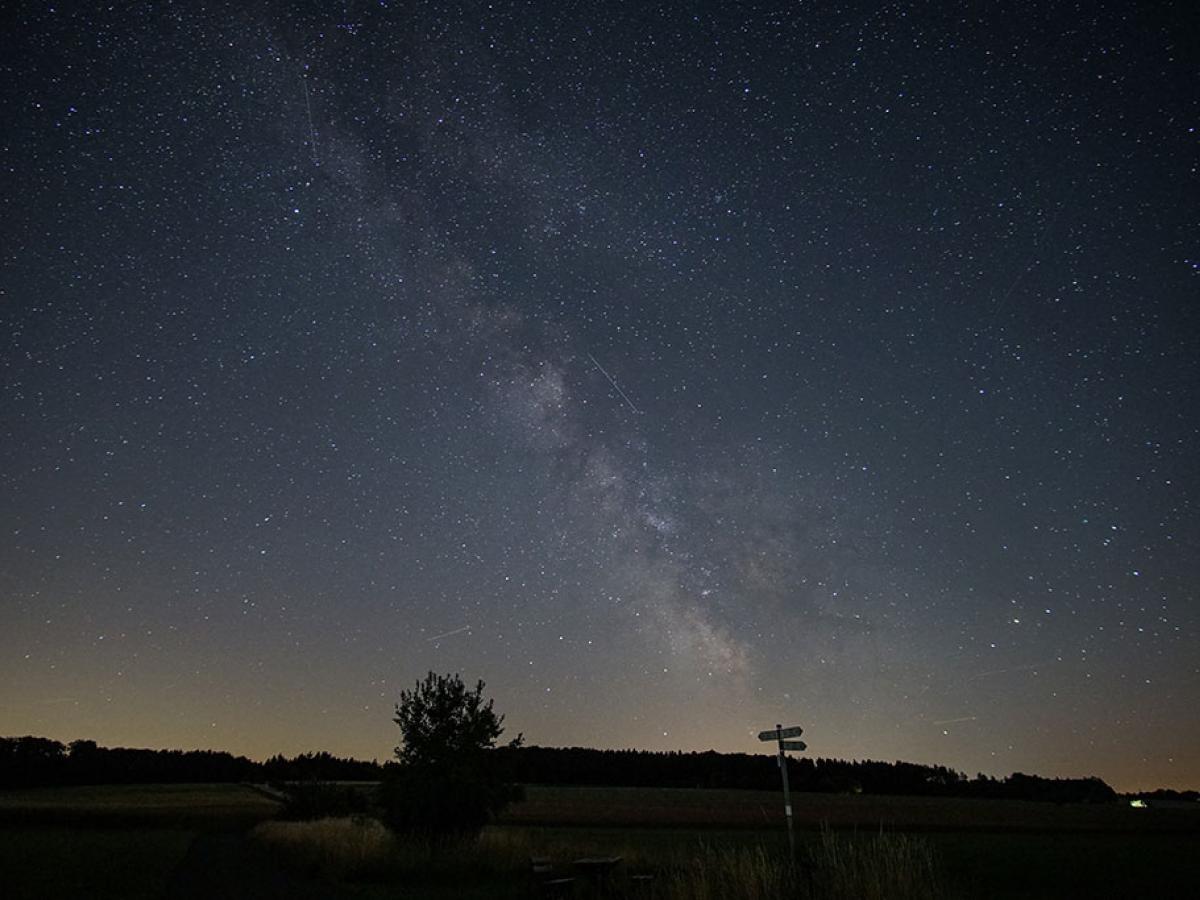
So finally, we caved. We bought the puppy. We had been strong and resolute in our parenting decision to say no in the face of almost daily requests over a period of probably three years. But when we moved out of London recently, we relented and got a puppy.
We have had him for nearly a month now. He’s 98 per cent fluff and utterly glorious. He is taking us back to the early days of having our own human puppies – you mustn’t let him out of your sight for a second or he’ll a) be literally under your feet so you tread on him, b) be eating something disgusting you didn’t know was hiding under the sofa or c) well, you can guess what c) is.
But what I hadn’t reckoned on, when I collected this beautiful ball of snuffliness from his breeder, was that he would turn into my life coach. I have learnt so much about life – and specifically how to live it well – in the last couple of weeks, just by watching the way he lives his life.
For our puppy, everything is an adventure.
“Someone’s opening a door! What excitement awaits on the other side?”
“Oh you’ve leant down to talk to me – maybe if I lie on my back, you will give my tummy a rub?”
And so on.
Occasionally, he expresses sadness because everyone’s left the room and he can’t follow us upstairs. But otherwise, his glass (or bowl) isn’t just half full, it’s brimming over. As long as he’s been fed, he’s warm, he’s been let out to do what a dog’s got to do and (most importantly) he’s been shown love and affection, he’s happy and trusting. And then falls asleep, paws akimbo.
Somewhere, I read that in the Bible there are 365 statements variously translated as “do not worry”, “do not be afraid”, “do not be anxious”. 365. One for every day of the year. And even if that rather neat number isn’t actually accurate (although how amazing if it were true), clearly the Bible has a recurring theme around worry, fear and anxiety. Perhaps this most human of conditions is not such a new phenomenon as we think. God has been addressing issues of mental health for hundreds and thousands of years.
Jesus talked about it a lot. He addressed it head on in one of his most famous teaching sessions:
‘Therefore I tell you, do not worry about your life, what you will eat or drink; or about your body, what you will wear. Is not life more than food, and the body more than clothes? Look at the birds of the air; they do not sow or reap or store away in barns, and yet your heavenly Father feeds them. Are you not much more valuable than they? Can any one of you by worrying add a single hour to your life?’
In my puppy, I see (mercifully not a bird flying around) a creature who trusts that he’s going to be looked after. He trusts that he will have food and love so he is free to enjoy chasing a ball or chewing a stick. He models to me the very wisdom of Jesus. He doesn’t overcomplicate his life, he just lives it. As people, we seem to experience life as endlessly complicated. And, of course, sometimes it really is. Some of us carry all sorts of responsibilities that are very complicated indeed. Some of us don’t have our most basic needs met and that’s awful. I pray we can find and help those around us in that situation. But for most of us, most of the time, life really isn’t that complicated. If we have enough food, clothes on our back, somewhere warm to shelter and someone to share love with, that’s a good life right there. If we are privileged to have our basic needs provided for then maybe we can worry less and enjoy more. But for some reason, it’s not as easy as it sounds.
Like countless others, I have carried with me the shadow of depression for many years. Through CBT and other therapies, I have had to learn new ways of thinking to keep the light on, as it were, and the darkness at bay. In this battle, Jesus’ words provide powerful ballast against the tidal waves of the depressive storm. He encourages us to choose, by an act of will, to fill our minds with truth and with the evidence of good things: the promise of his faithful provision, thus forcing out the lies of the darkness. As we choose to fill our minds with the knowledge and love of God, there is less room for worry and anxiety and we find rest for our minds. This choice brings freedom and the space for joy to grow. And, as we have come to realise in recent years, this battle is real for all of us, in different ways and to different extents.
Wonderfully, my puppy seems to have excellent mental health. When Winston Churchill spoke of his own “black dog”, I don’t think he was talking about a bouncing ball of fur begging for a tummy rub. But as I fill my mind with thoughts of Jesus and my puppy, I will continue to learn much about a life of simplicity and joy. And I am grateful to my children, wise beyond their years, who were instrumental in bringing this puppy/life coach into our family.






